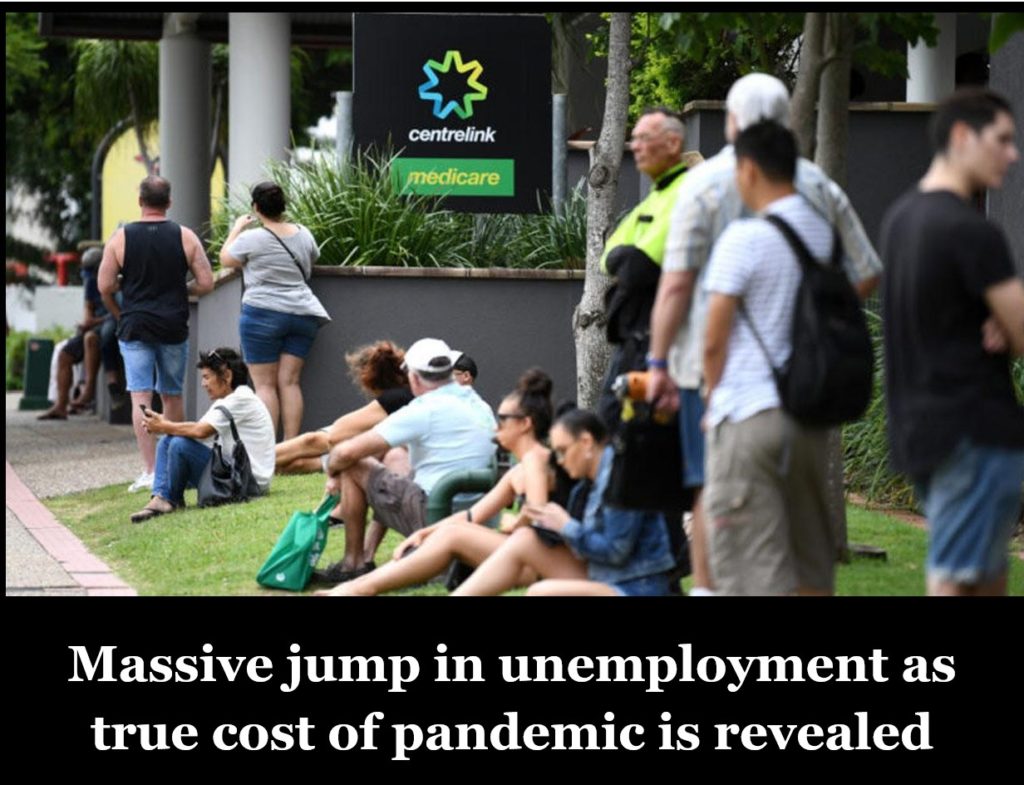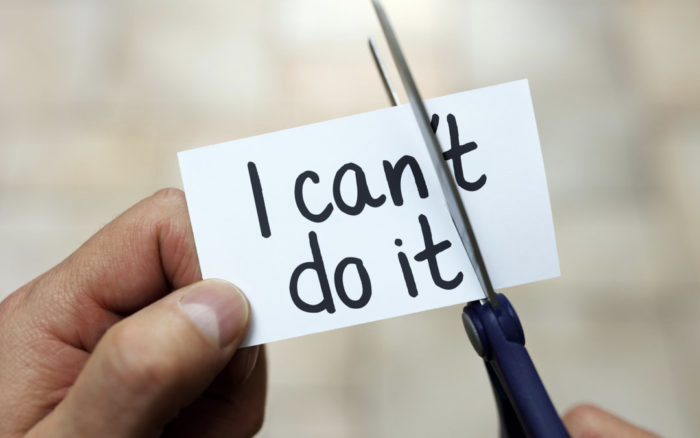
I have had a break but am happy to be back in my office.
Happy that I have a job to come back to – a job that I love and find satisfying and energising.
Happy: In these troubled and uncertain times that might seem a little unusual.
While I was away I spent some time reading about happiness and I will admit that, paradoxically, that made for some fairly depressing reading.
Terms like employment disengagement, decision fatigue, loss of purpose, discontent, outrage and meaning, a growing sense of loneliness and a sense of helplessness are the news currency of our days and many writers seem to believe we, as a people, are incapable of finding peace and happiness in our current existence.
And then a crisis like the pandemic just makes it worse.

If you didn’t get COVID-19 and you didn’t lose your job because of it, the worst part for most Australians has been the hugely increased cognitive load resulting from it. On the surface it’s been a time of diminished choice. You couldn’t leave your house. You couldn’t find toilet paper. You couldn’t sit in the park. But you still had to figure out what you would do, and that required conscious thought….Every tiny decision we make these days, from catching a bus to ringing a doorbell to how far to stand apart in the coffee queue now comes with the potential to bring death to you, your loved ones, or those in our community with compromised health….For every rule change, for every relaxation – or potential reimposition – of restrictions, we are forced to make a new set of decisions. It will be some time before life is back to normal – if ever. Jessica Irvine, Senior Economics Reporter SMH.

At least we in Australia are free.
Shouldn’t that make us happy?
Maybe….
For most of the Ancients, freedom was freedom from our natural desires and material needs. It rested on a mastery of these deep, natural urges in favor of self-control, restraint, and education into virtue. It placed the community — the polis — ahead of the individual, and indeed could not conceive of the individual apart from the community into which he or she was born. They’d look at our freedom and see licentiousness, chaos, and slavery to desire. They’d predict misery not happiness to be the result.
Given our relative wealth and safety in Australia, shouldn’t we be one of the happiest people in the world? Or are we hardwired to be unhappy?
Discontent is human. People will always find something that needs improving or an issue that bothers them. Once your lower-order needs are fulfilled, you move on to higher-order needs. We don’t stop looking for problems to solve as things get better, we just shift our focus to new problems. That’s why people living stable lives in developed nations aren’t necessarily “happy.”
Below I will offer up a few of the more interesting snippets of writing about happiness. Maybe you will agree with them, maybe you will find them depressing or oversimplified but I think they deserve consideration as we emerge from our recent and current trials.
They might even help us to overcome the pall of fear and negativity that seems to be our daily currency and allow us to take the opportunity to be happy, or at least, thankful for our lot in life.
Despite the current problems facing the USA, we can start with a (past) presidential comment:

Abraham Lincoln
- We are species built on tribe; yet we live increasingly alone in societies so vast and populous our ancestors would not recognize them; we are a species designed for scarcity and now live with unimaginable plenty; we are a species built on religious ritual to appease our existential angst, and yet we now live in a world where every individual has to create her own meaning from scratch; we are a species built for small-scale monocultural community and now live increasingly in multiracial, multicultural megacities. The World Is Better Than Ever. Why Are We Miserable?, Andrew Sullivan.

- People are increasingly unhappy and pessimistic. Why? Because human nature doesn’t let us relax for long. Once we’ve solved one problem, we become discontented with something else. Expectations rise. New, and often more difficult, problems are brought to the forefront of our consciousness. There’s never a point where expectations stop rising altogether. Rising expectations are natural. As we have slowly and surely attained more progress, we have lost something that undergirds all of it: meaning, cohesion, and a different, deeper kind of happiness than the satiation of all our earthly needs. We’ve forgotten the human flourishing that comes from a common idea of virtue, and a concept of virtue that is based on our nature. Enlightenment Now. Steven Pinker
Happiness is fleeting; only fulfillment through purposeful achievement is sustainable.
- For our civilization, God is dead. Meaning is meaningless outside the satisfaction of our material wants and can become, at its very best, merely a form of awe at meaninglessness. We have no common concept of human flourishing apart from materialism, and therefore we stand alone.. Why Liberalism Failed. Patrick J. Deneen.
- One of the most common reasons for lack of happiness in people’s lives is lack of growth. At a certain point of time, people get stuck in their comfort zone. Most of us try to always play very safe in our lives. And we very smartly keep on hiding this besides the facade of phrasing it “practical”. We don’t pull up our courage to do what we want to do or what we should do to move the needle forward. One of the biggest reasons for feeling unhappy or sad is that we don’t count our blessings when we wake up every day. Rather, we focus on the things we lack and believe that our happiness is solely dependent on achieving the next big thing. Why Most People Are Not Happy. Som Bathla
- Neuroscience: In the last decade or so, through cognitive and behavioral neuroscience, we have learned that the brain takes in approximately 11 million bits of information per second about what you see, what you feel, what you hear, etc. However, only a tiny fraction of those bits (about 126) go to the conscious mind to influence action. The key question is, how do people pick the 126 bits that get sent to the conscious mind? Studies show that what we think, what we feel, our opinions, and our attitudes become the filter that chooses the 126 bits. We discard 99.99 percent of the information our brain detects and pick only the information that confirms our feelings, opinions and attitudes. Therefore, science tells us that a person who believes they can do something can do it and the person who believes that it’s impossible cannot.

Five essential elements to experiencing long-lasting happiness:
- Positive emotions.
- Engagement.
- Positive relationships.
- Meaning.
- Accomplishment/Achievement.
Reading these writers, the message seems to be that the keys to achieving a level of happiness, contentment or peace appear to be:
- creating a sense of connectedness and community,
- a belief in and focus on something more important than our personal self or our desires,
- a sense of real achievement, and
- resilience in the face of setbacks.
It appears we still have a long, long way to go ……………….
Mr Terry Muldoon Principal, St Columba Anglican School |

